Recharge at Wikimedia
Back on August 8 2024 the RECHARGE team which included the Hunt Museum, Platoniq, and Centrum Cyfrowe shared their experiences within the RECHARGE project and facilitated a workshop. Here is a recap of the event by Nadia Nadesan
RECHARGE introduces an innovative approach that redefines the way we develop business models and engage in philanthropy. Instead of positioning GLAMs (galleries, libraries, archives, and museums) as intermediaries between their audiences and funders, RECHARGE encourages these institutions to create participatory spaces where all stakeholders can come together to collaboratively address challenges and devise solutions. Natalia Cetera began the presentation by posing a fundamental question: "What does participation mean to you?" Is it about giving people a voice, allowing them to vote, or bringing board members and community members into the same room? The diverse range of responses to this question highlights the various ways participatory mechanisms can be understood and applied. Within the RECHARGE project, these mechanisms are designed to align all types of project partners and establish workflows that foster collaboration, strengthen connections, and build a deeper sense of community.
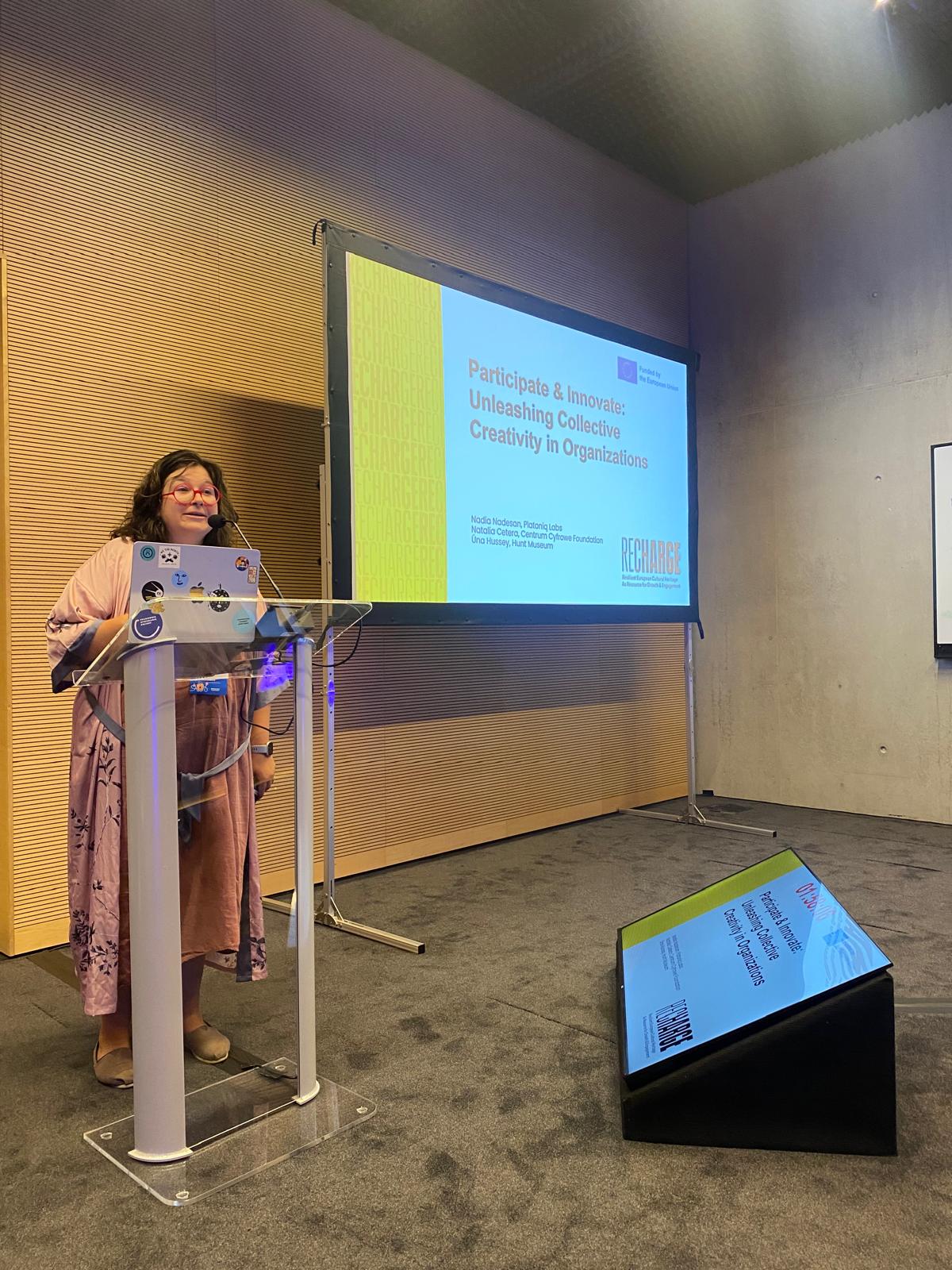
To illustrate RECHARGE in action, Úna Hussey shared the Hunt Museum’s collaboration with a local corporate partner, Cook Medical, and community members to tackle the issue of antisocial behavior in the museum’s community garden. Cook Medical was fully engaged in the process, working alongside the museum and the community to co-create a solution. Utilizing the participatory business model canvas developed by RECHARGE, the goal was to address anti-social behavior by integrating corporate social responsibility with cultural heritage preservation. The project led to a series of workshops where community members and artists crafted living sculptures from Irish Willow. One of these sculptures, a pig, became particularly symbolic, traveling around Limerick and even appearing in the Saint Patrick’s Day parade. The project did help reduce anti-social behavior by fostering a stronger sense of community in the garden, though new challenges may always arise in a space open to the public 24/7. Ultimately, the initiative strengthened trust and participation among the museum, Cook Medical, and the surrounding community.
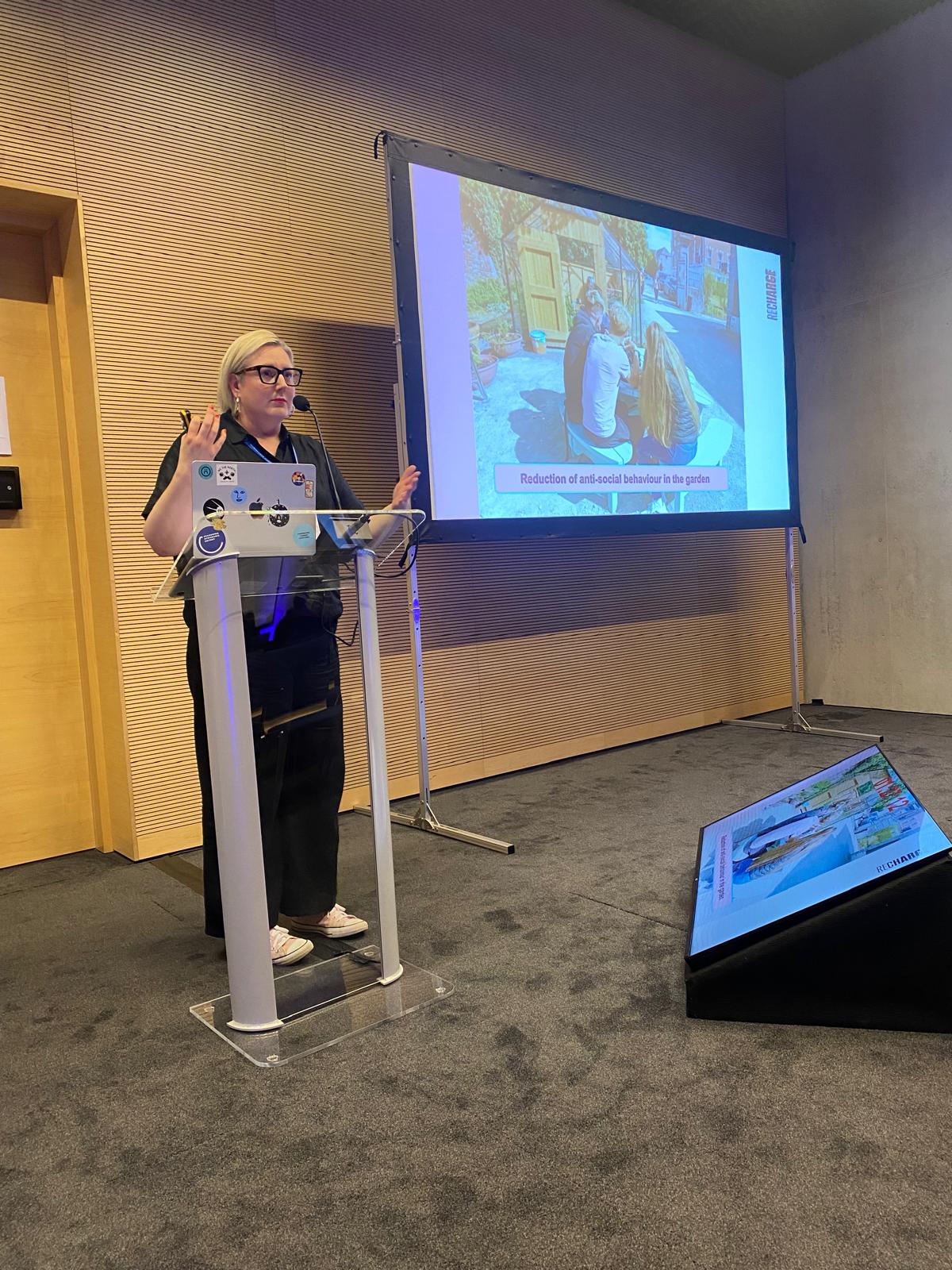
Following the presentation, participants were divided into small groups to experience the RECHARGE approach firsthand. They were asked to identify a challenge or issue they wanted to address and then craft a problem statement. For example, some organizations might have existing activities that rely on business models needing revision, or they might seek ways to enhance these activities by involving other stakeholders. Once the problem statements were defined, participants used RECHARGE cards to brainstorm solutions, exploring the possibilities offered by participatory business models and RECHARGE resources. These cards, inspired by Platoniq’s co-creation method, encouraged participants to think creatively and broaden their perspectives through "What if" scenarios. To structure the scenarios there were three kinds of RECHARGE cards:
- What if I could (action of activity)
- With (Recharge tool)
- So that (desired impact)
Participants ideated solutions by creating ‘What if’ statements with the following structure: What if I could (do a certain action) with (RECHARGE tool) so that (the desired impact takes place). Many participants found the activity a great way to align partners and their values to actions while others appreciated the paradigm shift of bringing funders and community members in the same room.
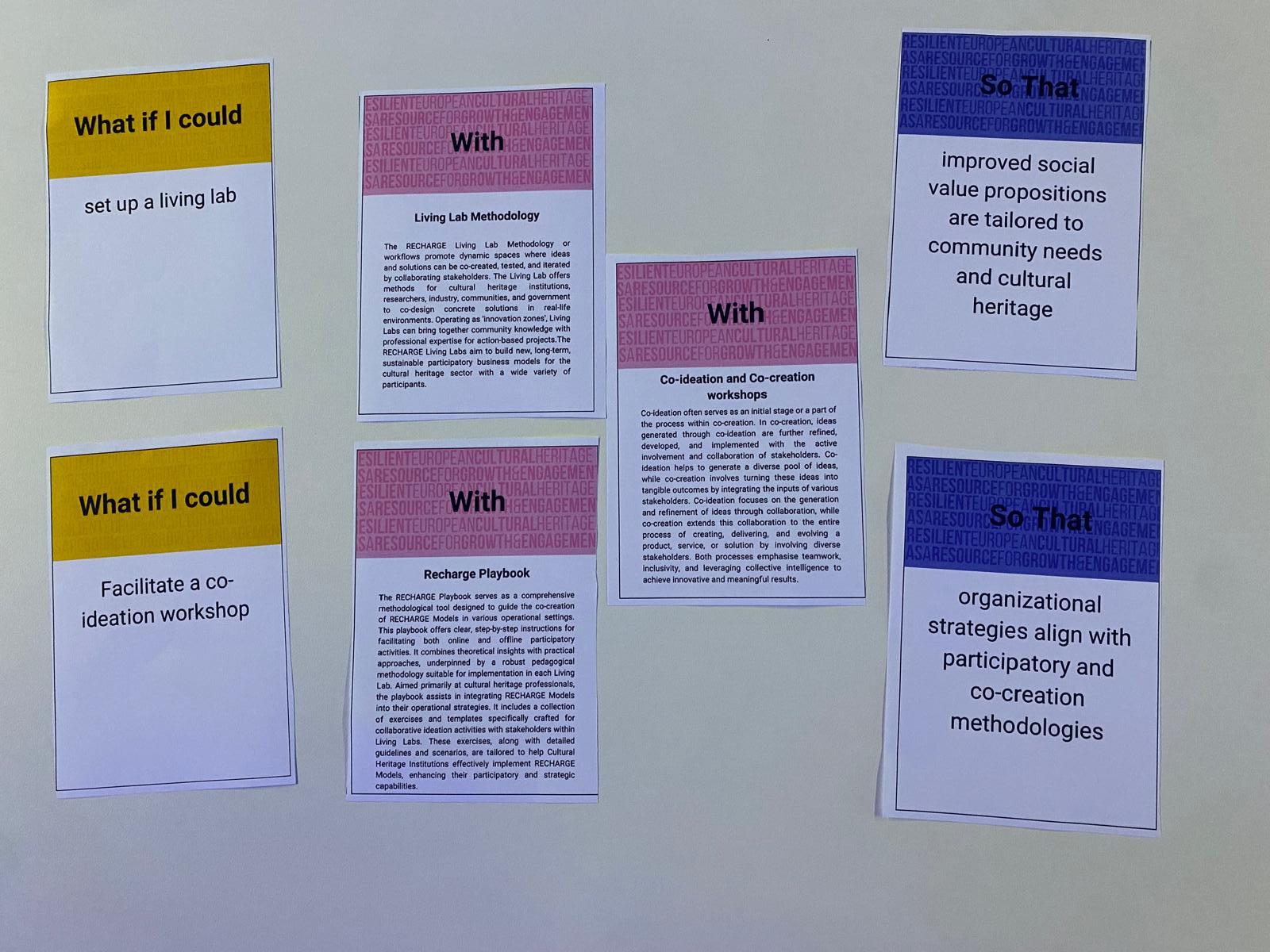
Some of the what if statements from the activity were:
- What if I could set up a living lab with the living lab methodology so that improved social value propositions are tailored to community needs and cultural heritage.
- What if I could facilitate a co creation workshop with the RECHARGE playbook so that organizational strategies align with participatory and co creation methodologies.
In conclusion, the Recharge event at Wikimedia provided a powerful demonstration of how participatory models can transform the way cultural institutions operate and interact with their communities. Through the RECHARGE project, partners like the Hunt Museum, Platoniq, and Centrum Cyfrowe showcased innovative approaches to addressing community challenges by fostering collaboration between corporate partners, community members, and cultural institutions. The workshop underscored the value of participatory mechanisms in creating more inclusive and sustainable cultural practices, as well as the potential for these models to redefine traditional business and philanthropic relationships. The participants left with a deeper understanding of how to integrate these methodologies into their own work, driving forward the mission of RECHARGE to build stronger, more connected communities through cultural engagement.
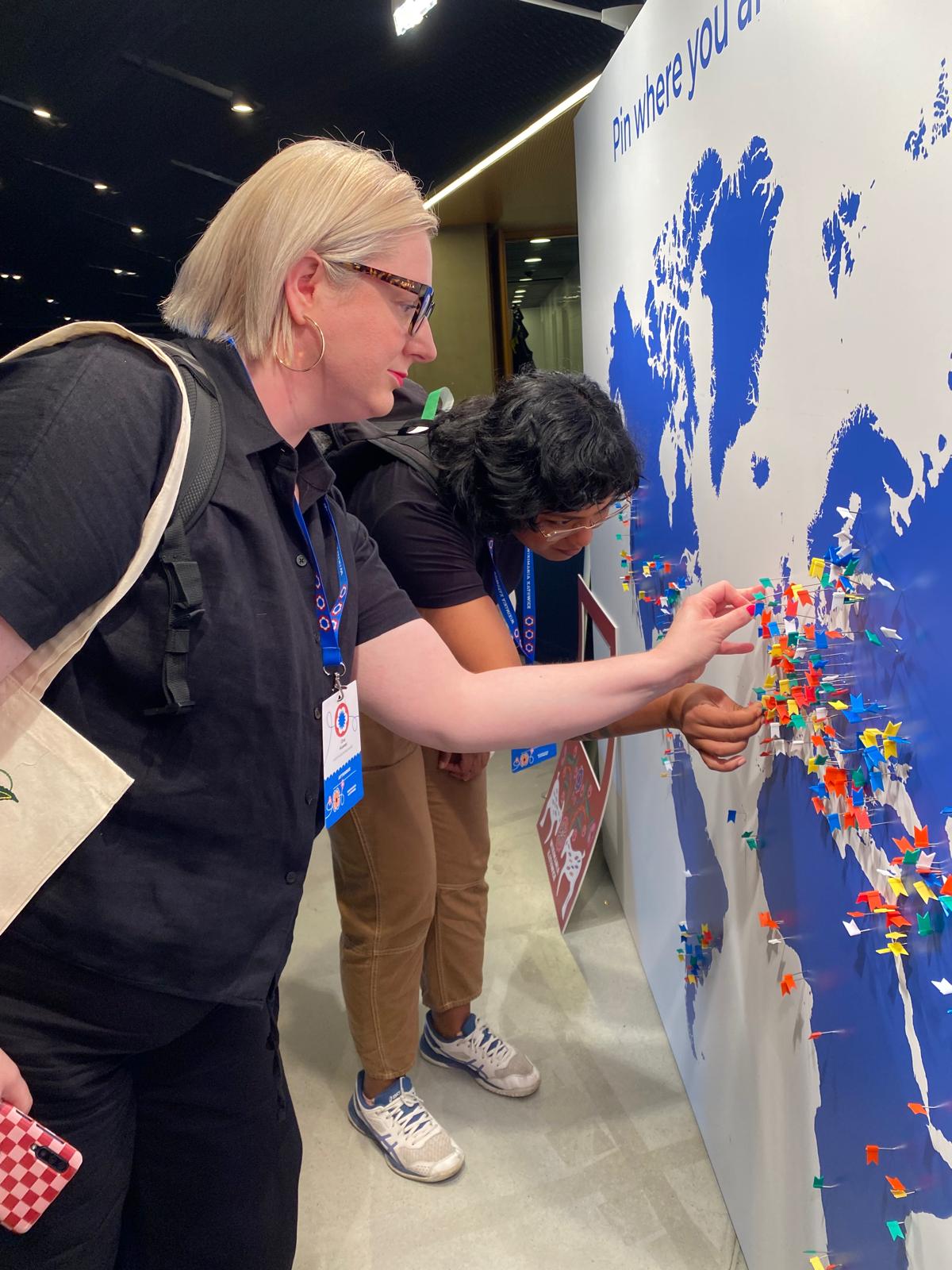
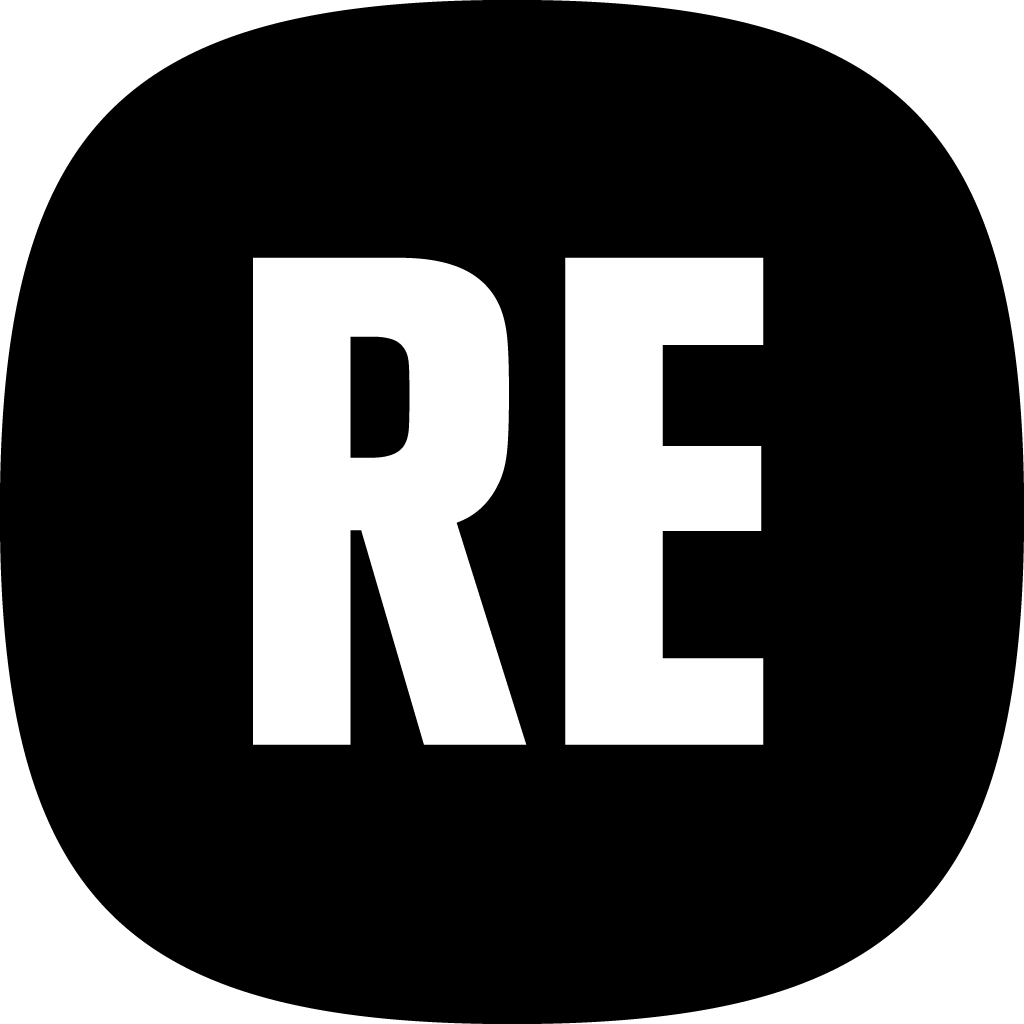
Share